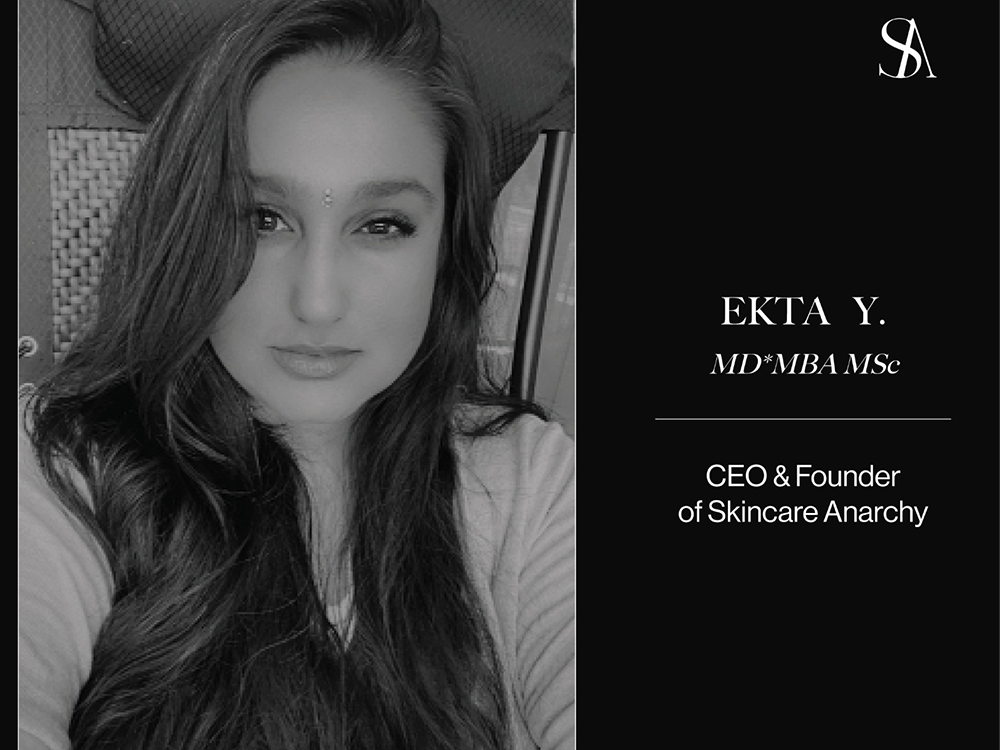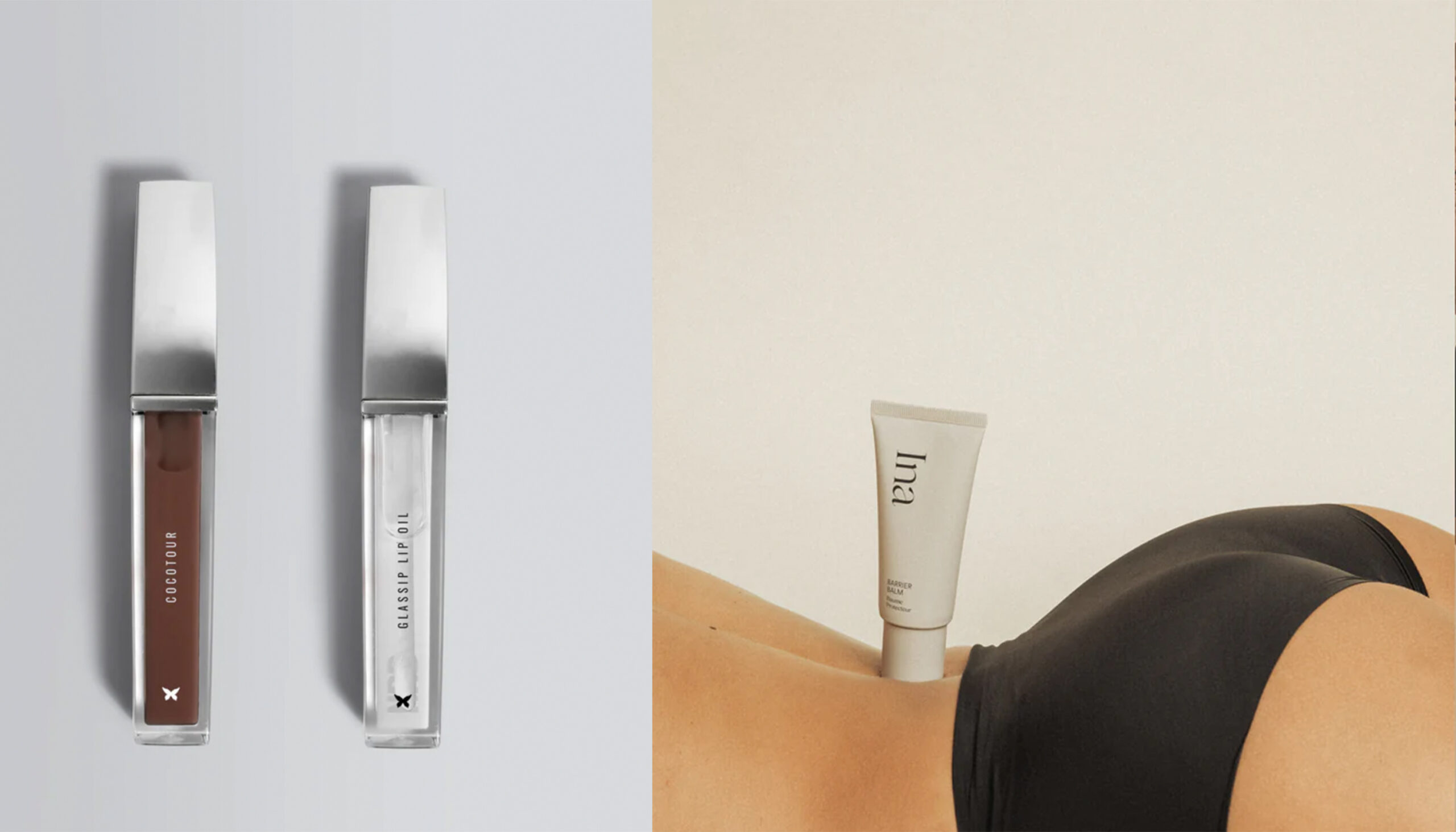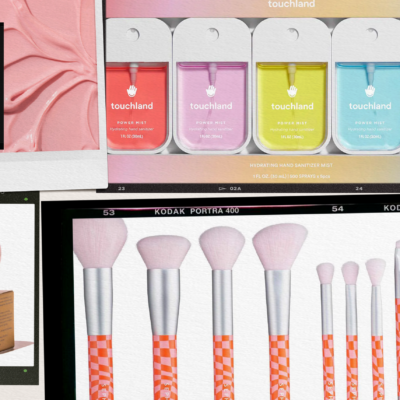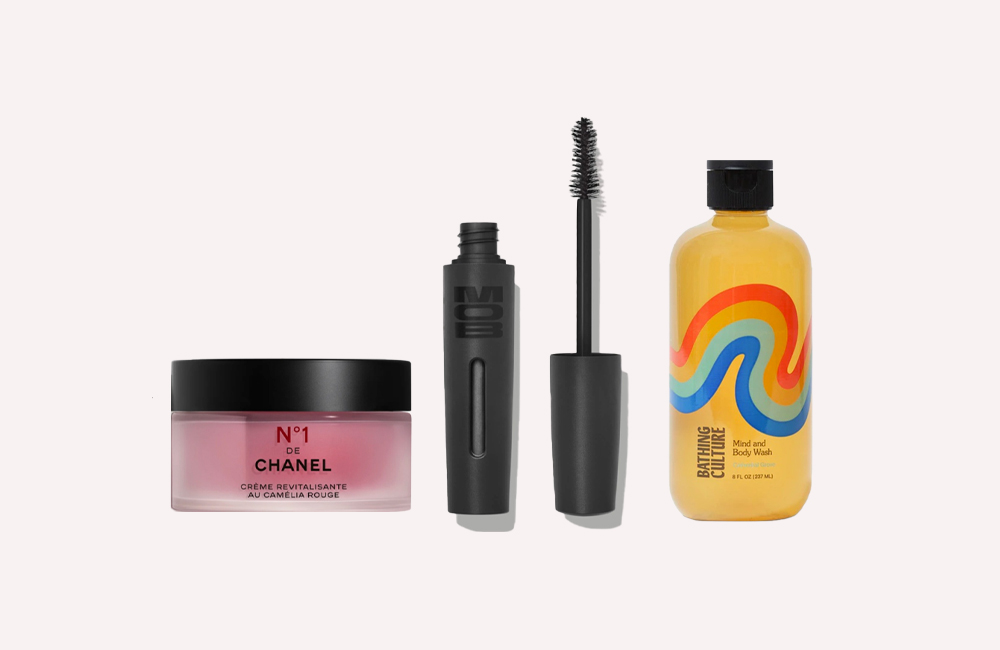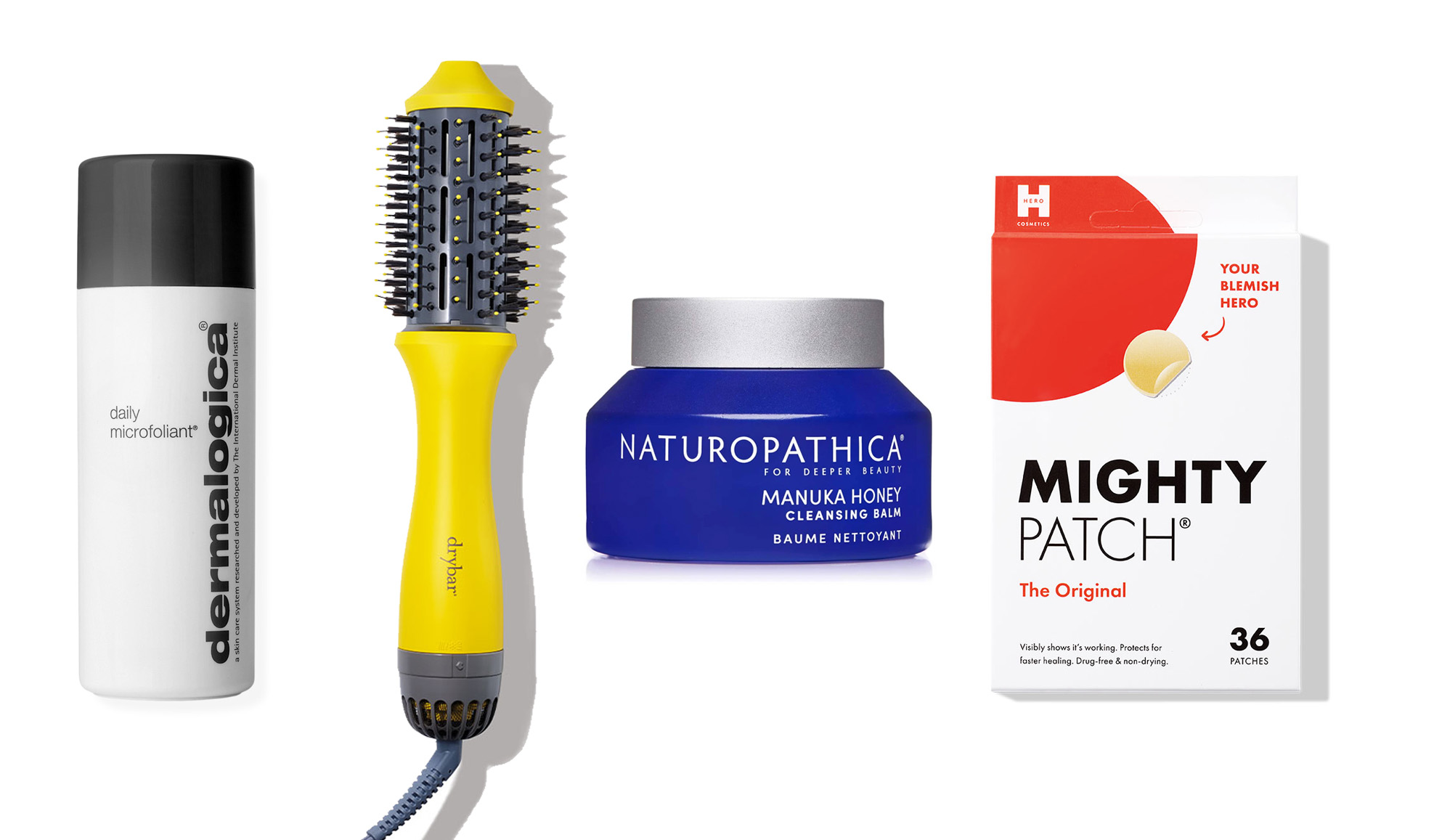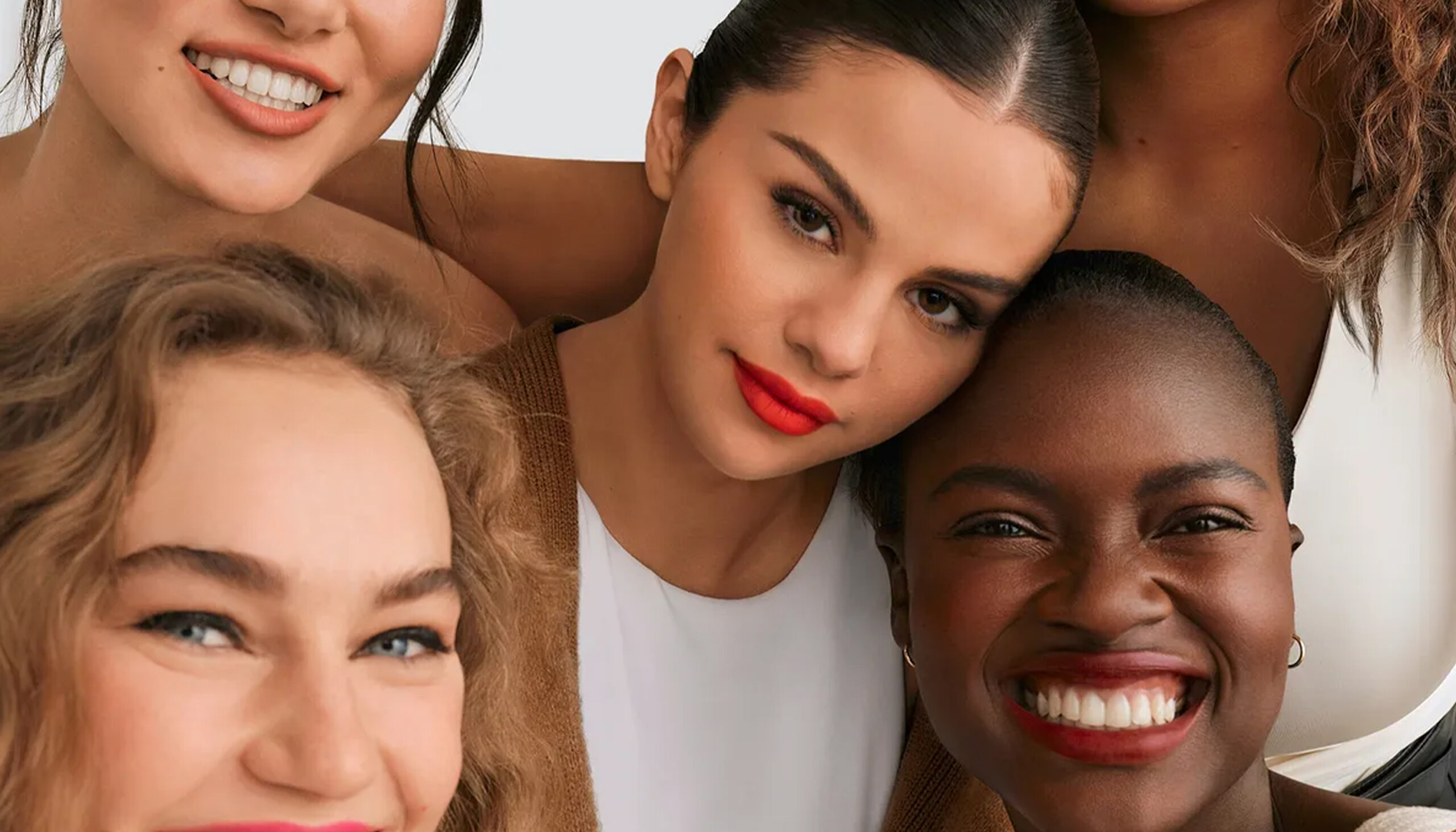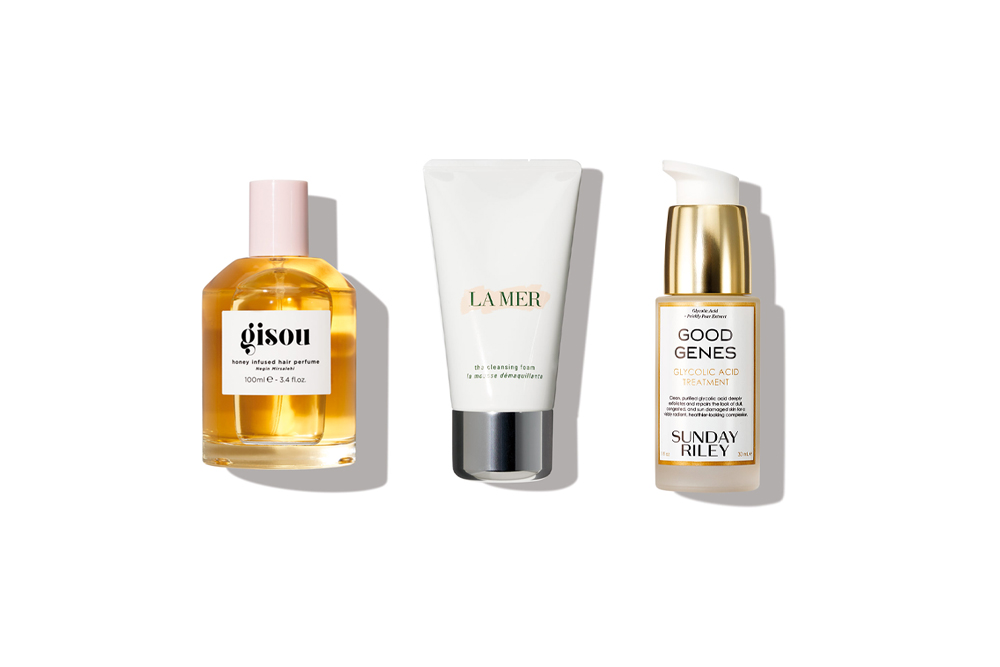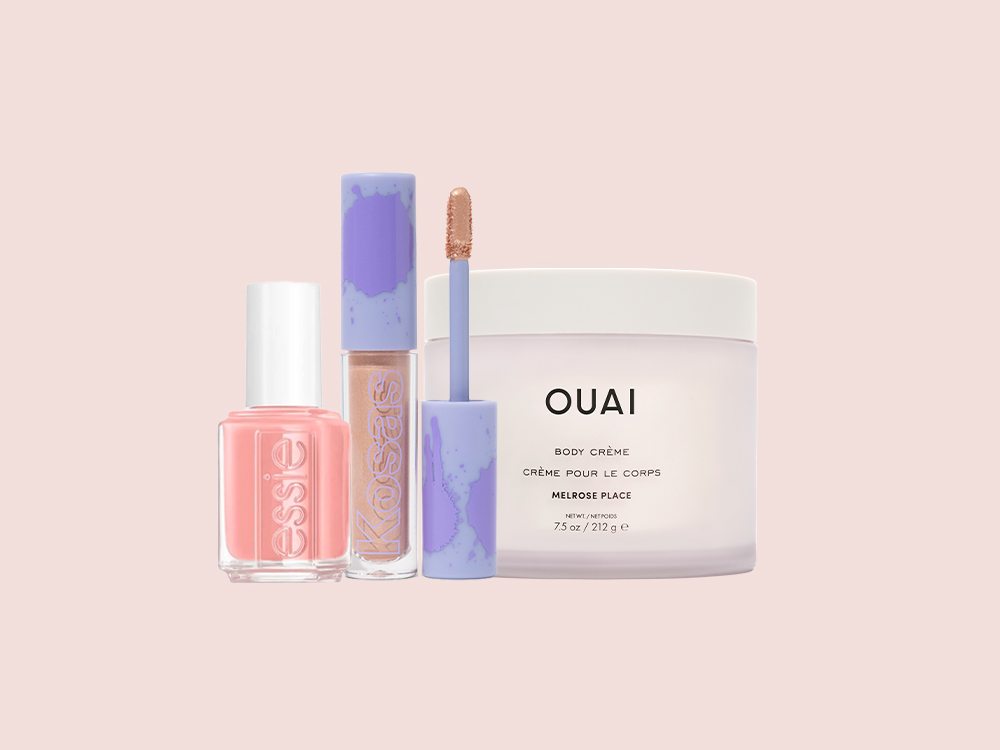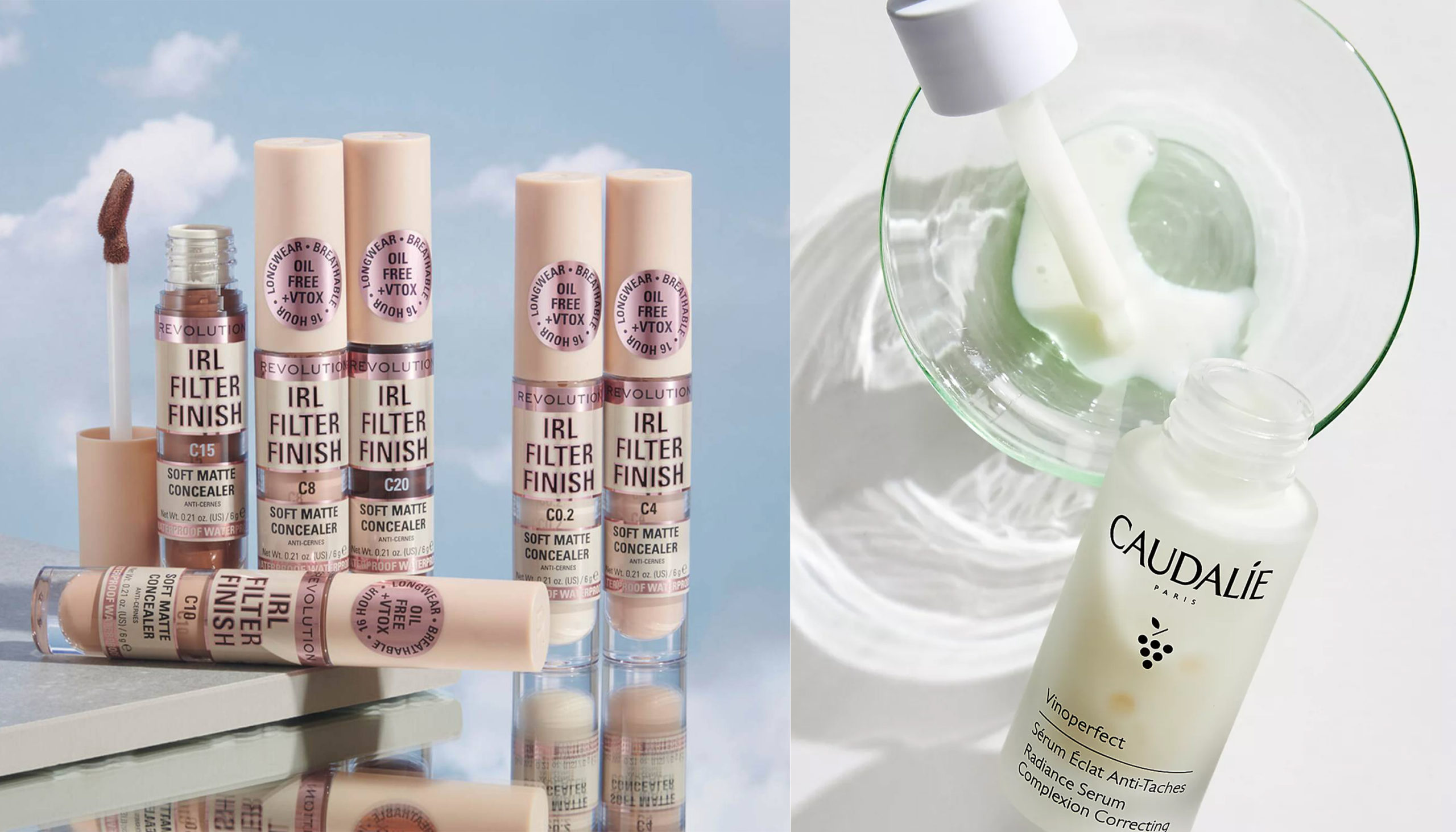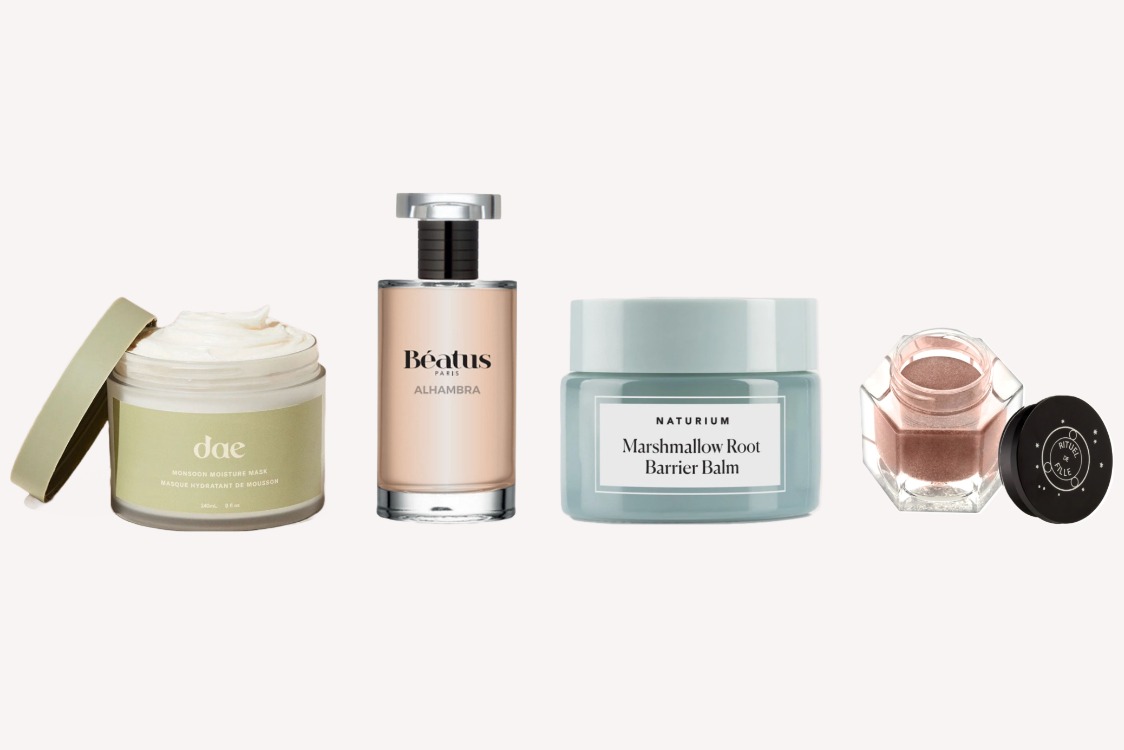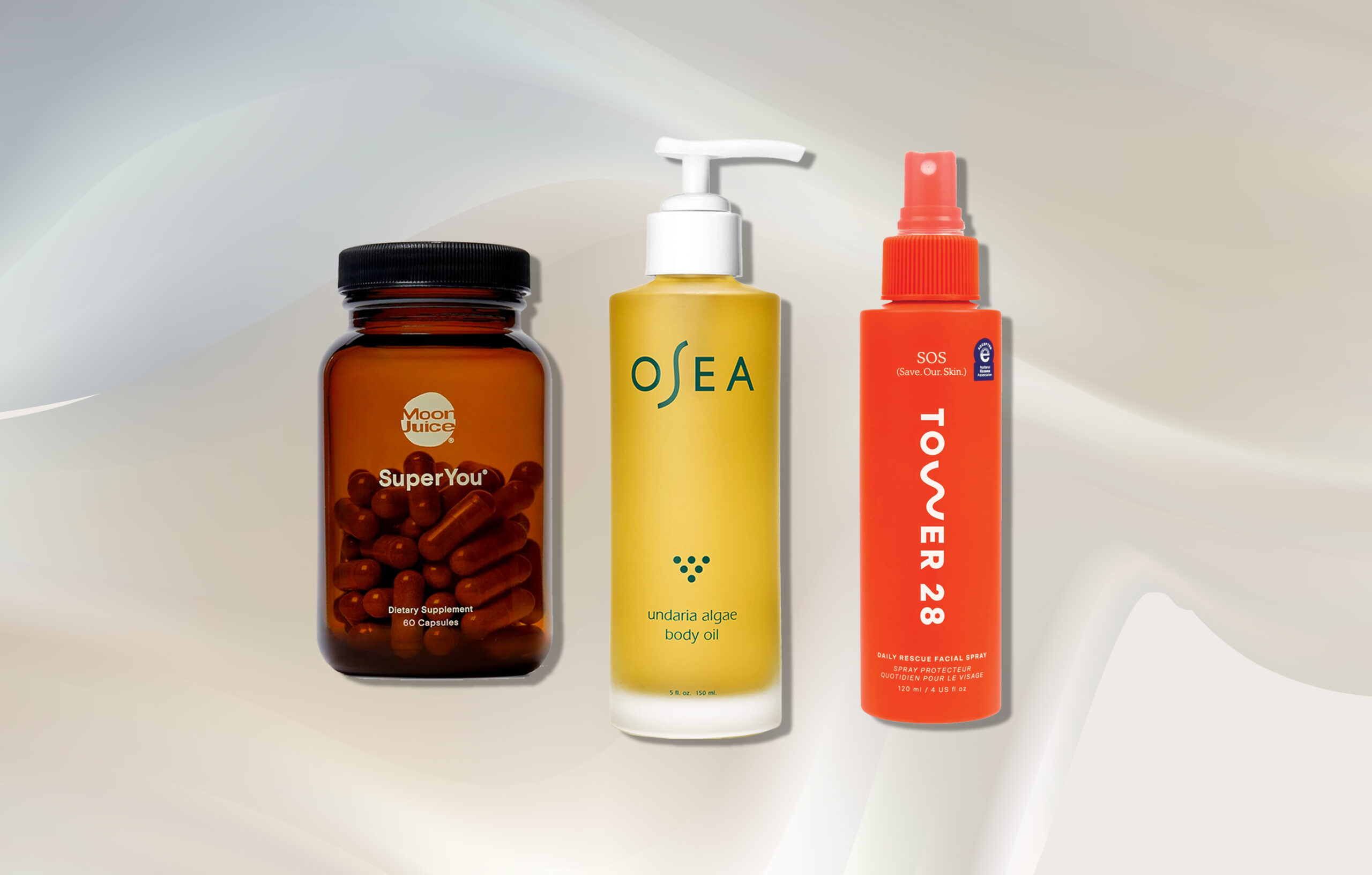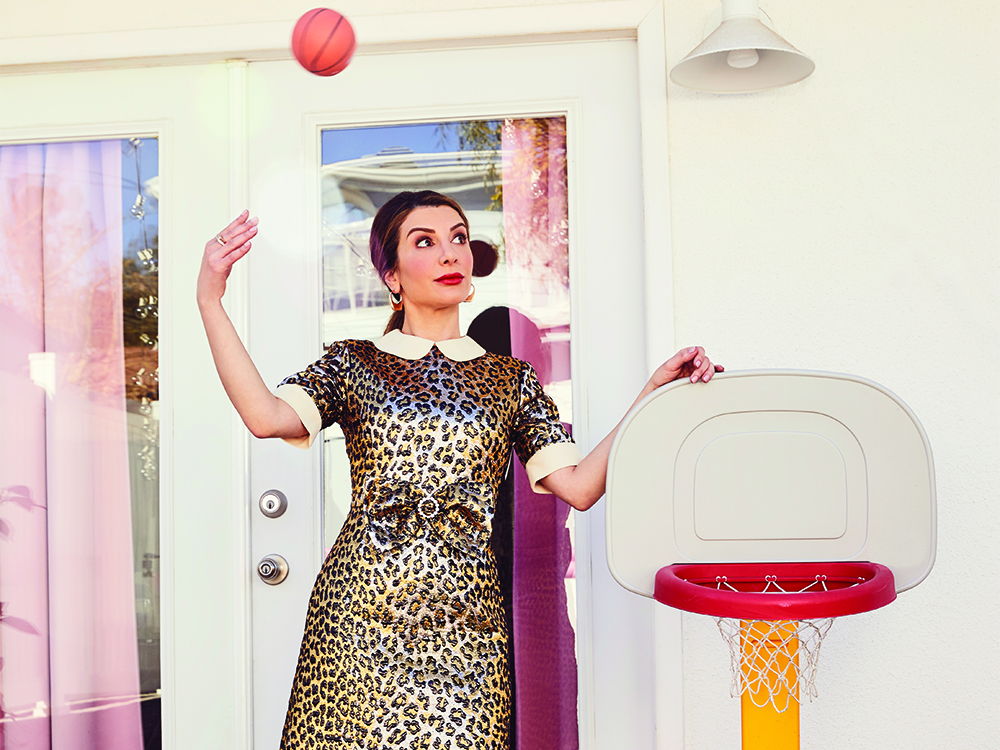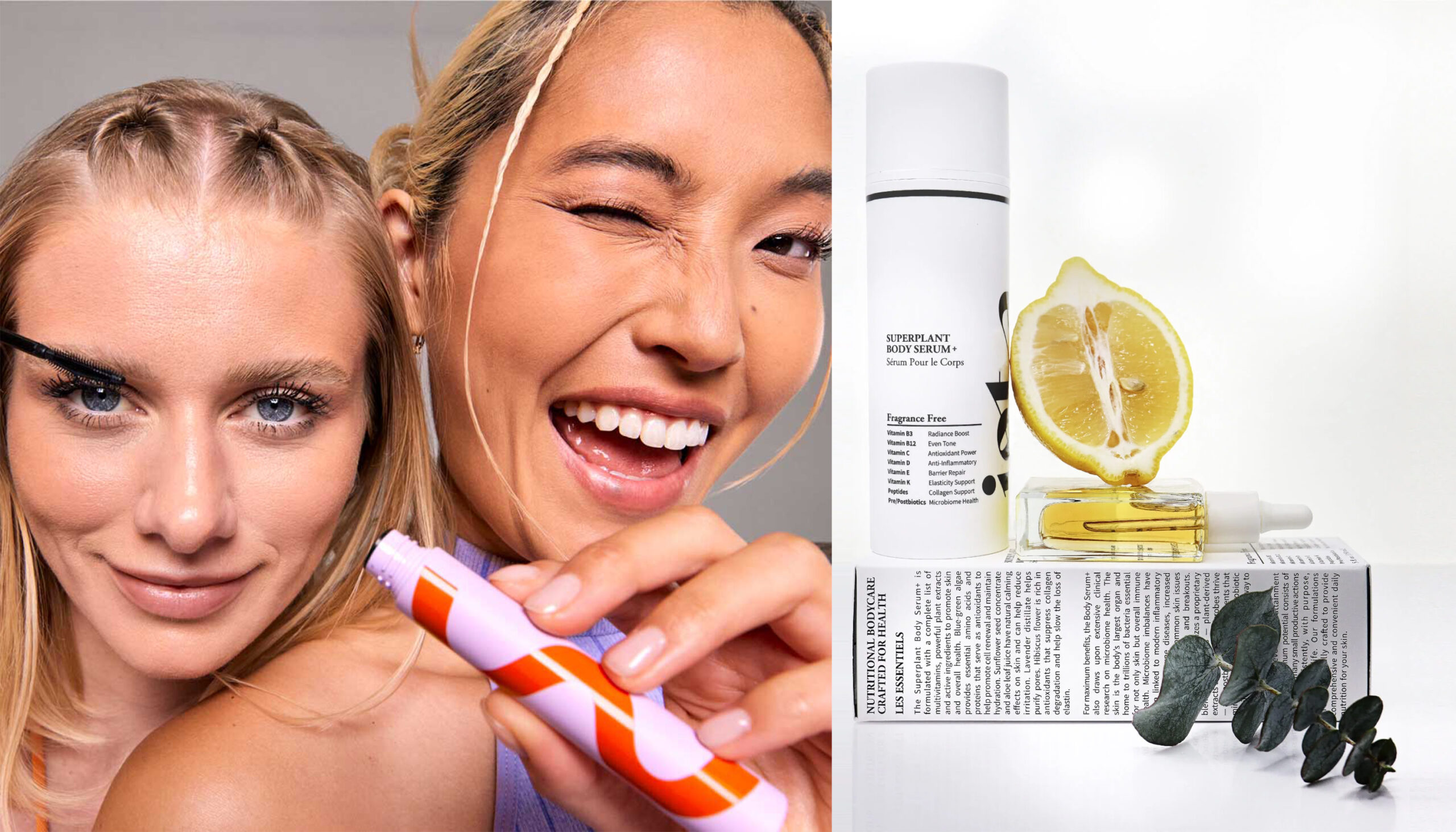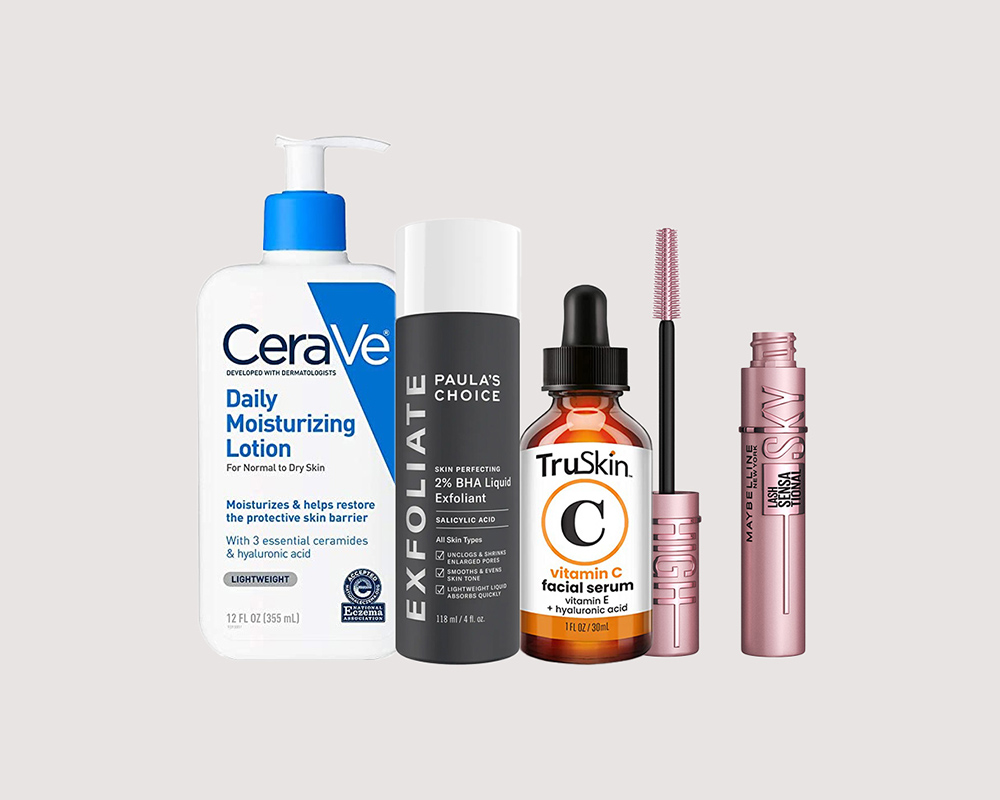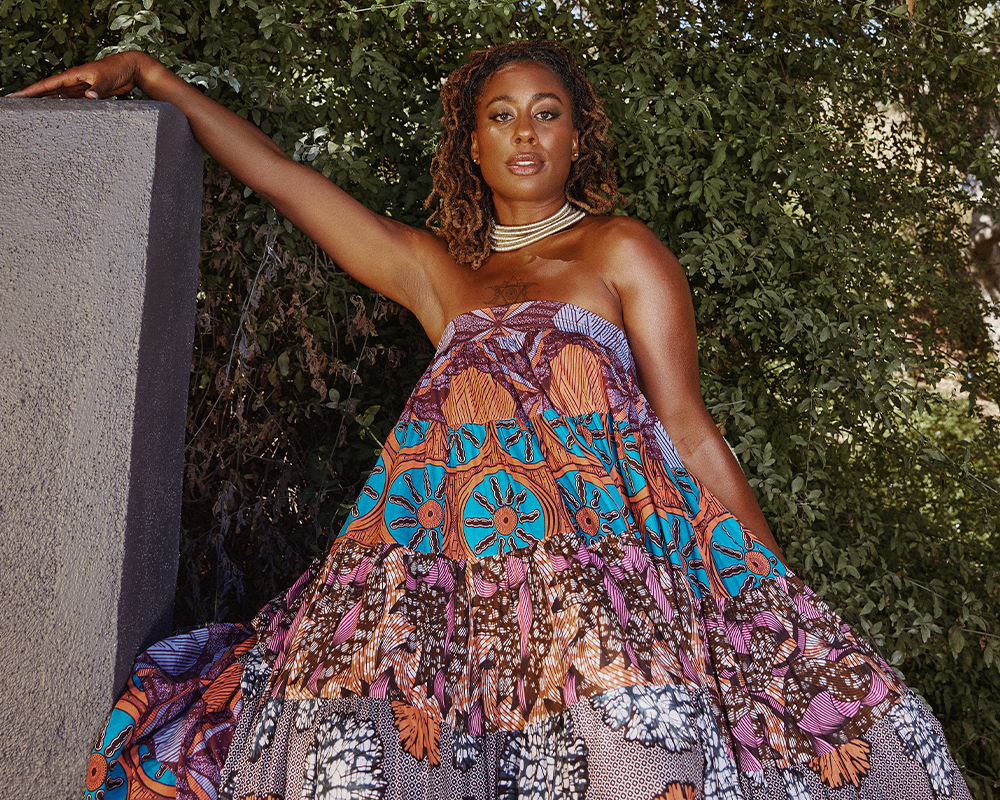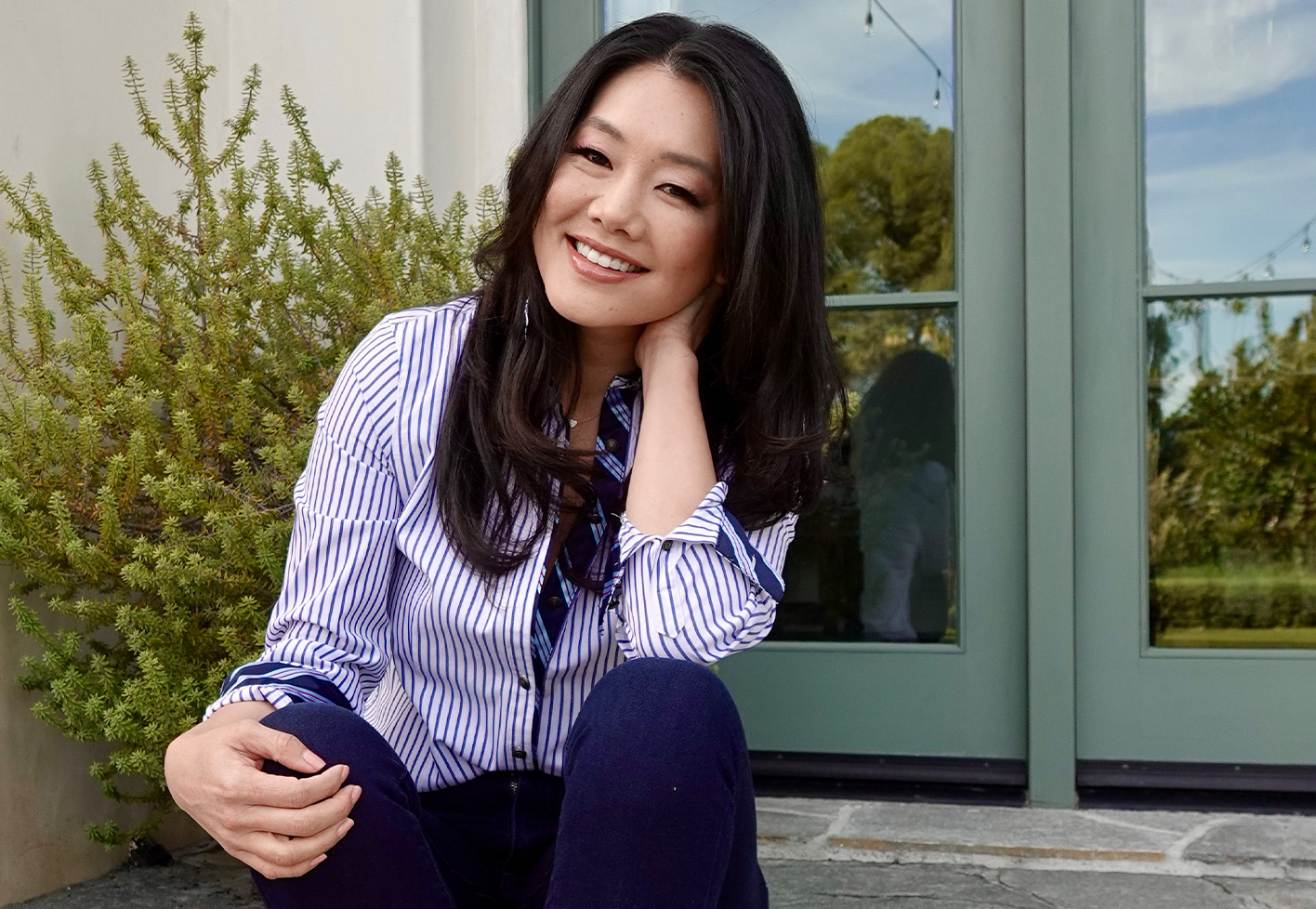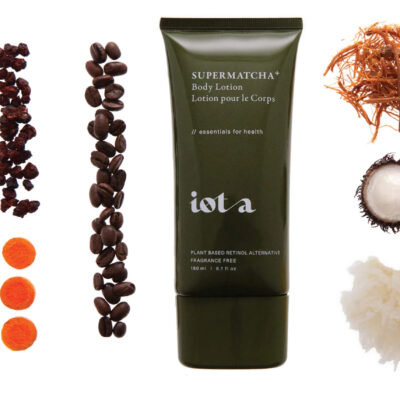Making a name for yourself in the beauty industry has its challenges, and in the podcast space, motivating people to listen to your interviews requires your brand to have something that no one else’s has. In the case of my podcast, Skincare Anarchy, I have made sure that my channel consistently covers exciting new launches and the stories surrounding brand founders, while also weaving in topics that aren’t as talked about: science and innovation. These two topics are, in my opinion, the core of the billion-dollar skin care industry.
The Big Push
I started Skincare Anarchy out of the frustration I felt for lack of factual information in such an interesting area of health and wellness: skin. The skin being our largest organ comes with such a unique set of hurdles in terms of being able to understand pathways or mechanisms that allow for its physiology. Given the vast grey areas around topics that concern most skin-care consumers, it felt only logical to provide a library of information in an audio and easily accessible format so that the consumer could not only learn, but make much more conscious and informed decisions about their skin health.
My goal is to create a database of interviews that not only show the inner workings of this industry, but more importantly bridge the gap between consumers and the brilliant entrepreneurs, doctors, scientists and researchers, and industry professionals who have a real, science-based approach to wellness and self care.
Brains Behind the Brands
The biggest lessons I’ve learned from this job is that skin care is much more than just some beauty products—in this industry, there are individuals such as noble laureates who are the brains behind new and technologically-advanced products that work in synchrony with the skin’s physiology. These are the people that I enjoy having on my podcast; these are the people that make my job interesting.
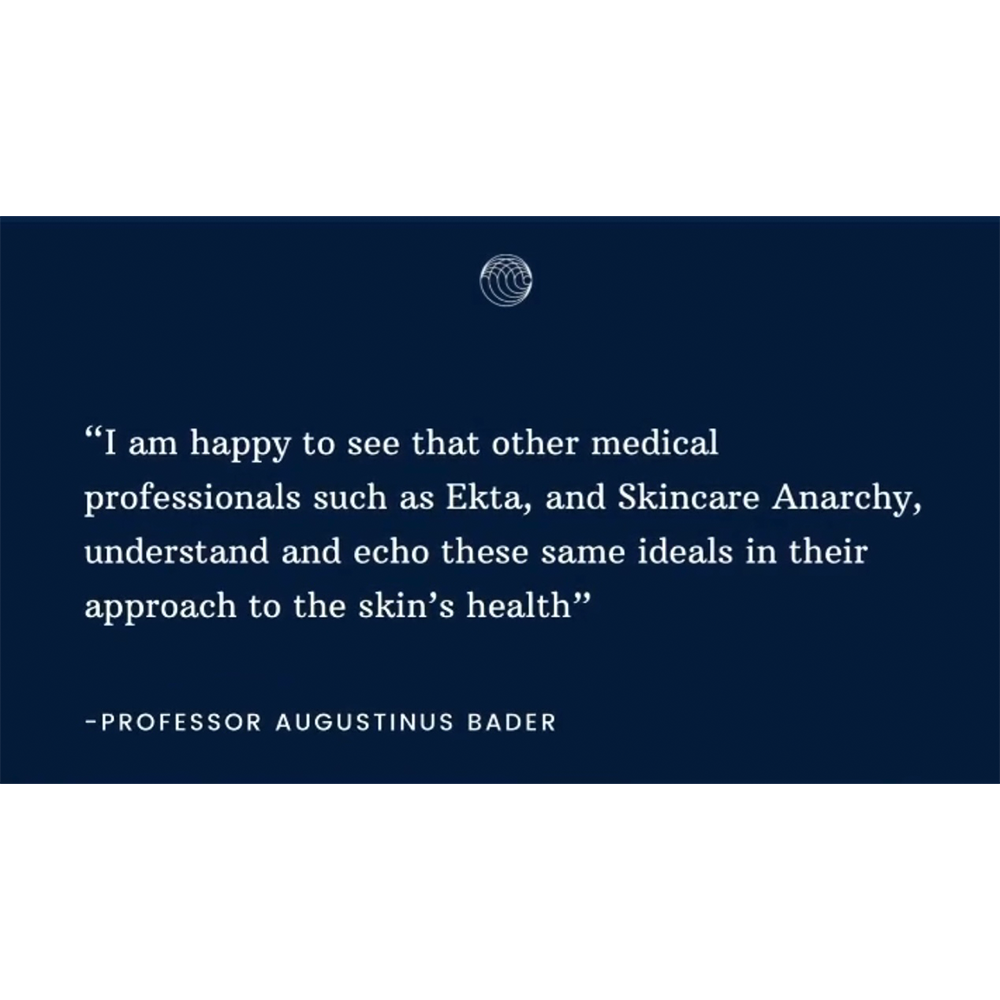
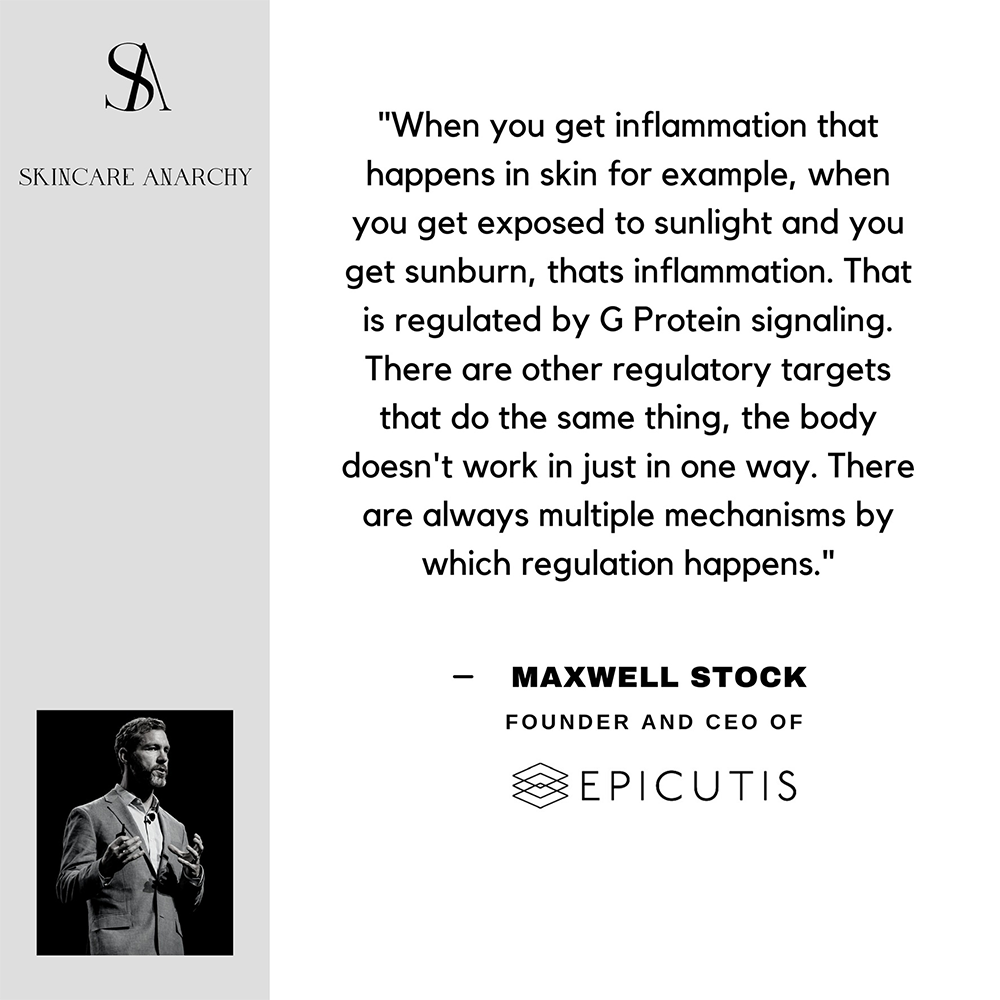
The mechanisms involved in wound repair can be studied and applied to our skin as it faces daily micro traumas. This episode, which featured professor Augustinus Bader and Maxwell Stock, founder and CEO of Epicutis, made it clear that we can use scientifically-valid principles as a framework to create a non-invasive model for microdosing the skin via sophisticated delivery technologies. This creates inclusivity among consumers that may not be willing to go under the knife, but don’t want to compromise their need for science and innovation when it comes to skin care.
This principle of taking true biomedical research and merging it with clinical knowledge was emphasized during my interview with Epicutis, a brand created under the shadow of Signum Biosciences. Epicutis is utilizing a very commonly-understood and heavily-researched area of molecular biology, and adapting it into a topical skin-care model. With this science, the potentials for the brand are endless.
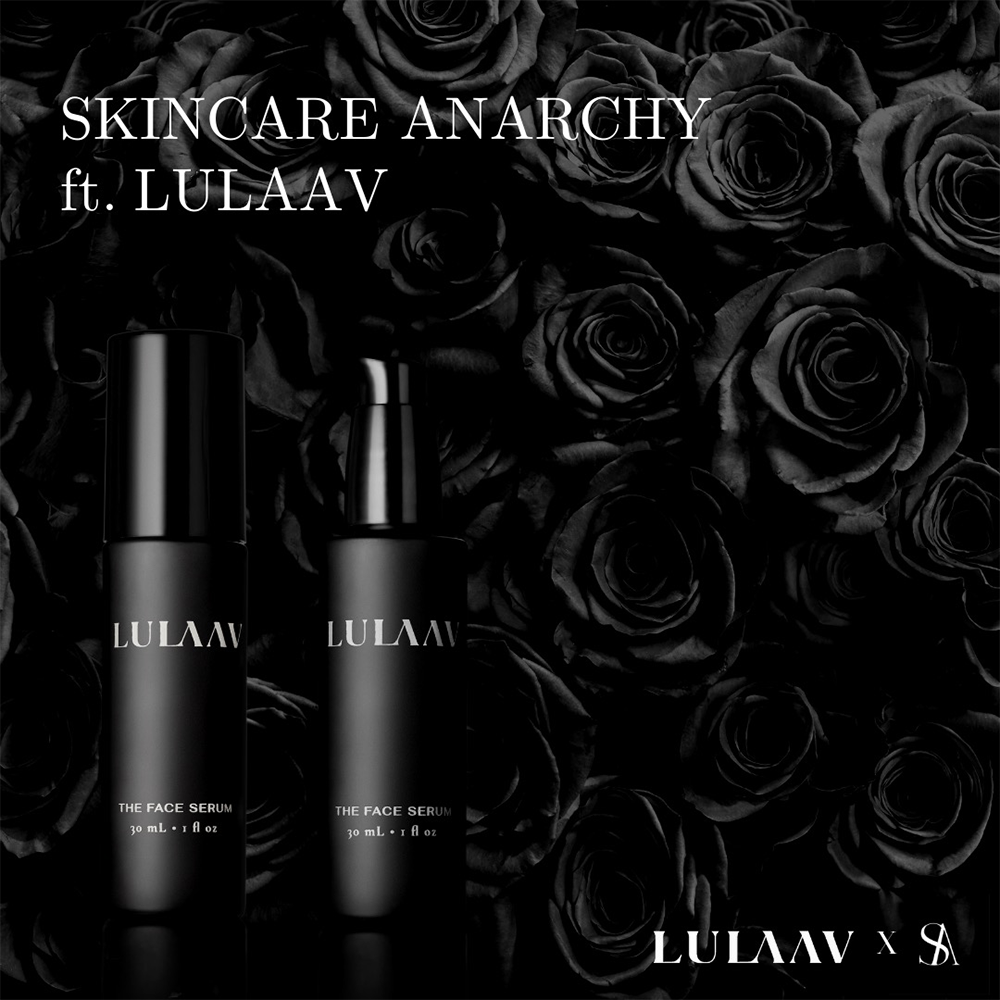
We had a great year when it came to understanding the perspectives of the clean, green, vegan, organic, certified, baptized and inaugurated versions of beauty. Long story short, it comes down to science. LULAAV is a brand that reminds me of every transition that has occurred when it comes to the progression of medicine. The brand has one product, The Face Serum ($225), which is made in small batches and is literally is a cocktail of the most nutrient-rich herbs found in one geographical region of our planet: The Fertile Crescent. LULAAV is a brand that recognizes the depth in the cultural rituals of that land and its inhabitants. It’s obvious that nature works. The closer we can stick to the original, naturally-occurring variation of an ingredient, the better it works.
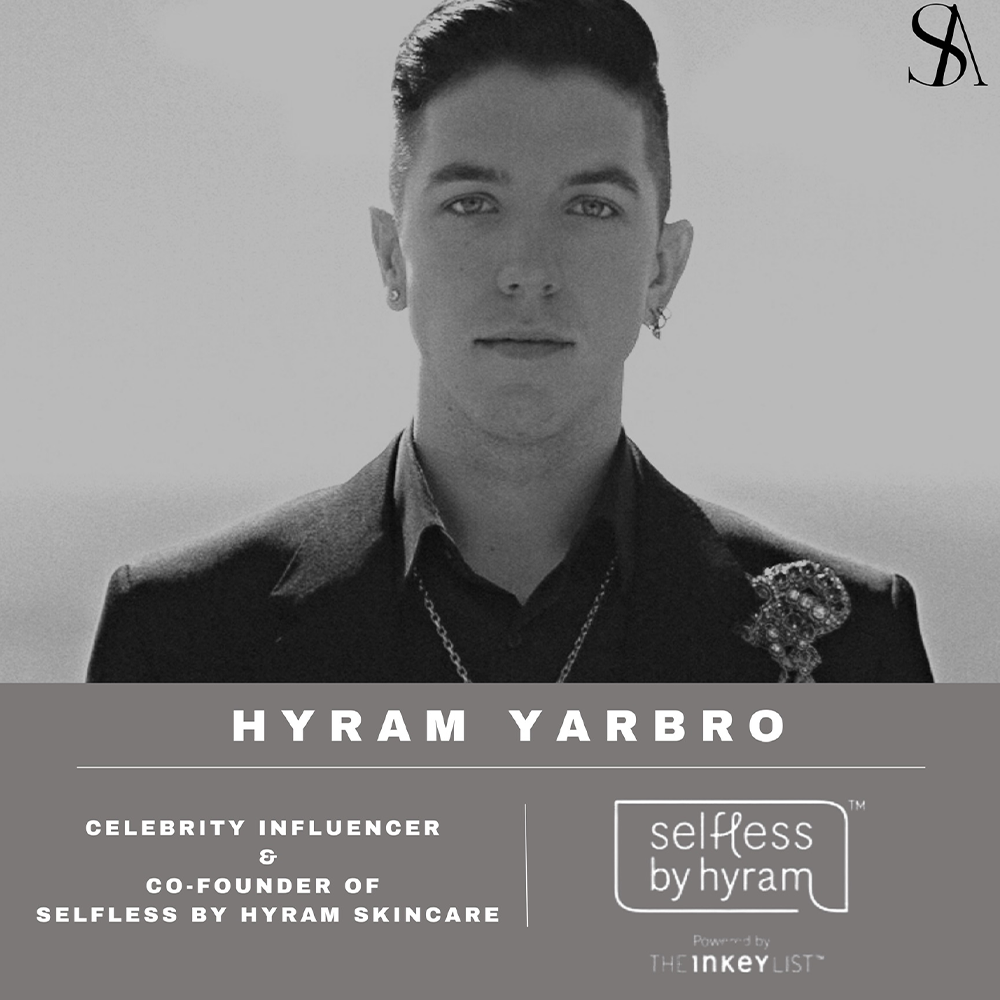
Amongst all the science fun, we had the immense honor of hosting some of the biggest names in the industry as they pertain to our central theme of “skin is always in.” For example, co-founder of Selfless by Hyram Skincare Hyram Yarbro took us into the world of creating his own line and taught us how to use the knowledge we gain as true skin health enthusiasts and apply it into an accessible model for the well-informed consumer of skin health products.

A visit by Mario Dedivanovic was truly our biggest highlight, not only in an “OMG it’s Mario from Makeup by Mario” type of way, but also because he blew our minds with the ultimate understanding of undertones and how it all comes down to the anatomy of our bodies. Mario told us how all of his shades in his most iconic palette, Master Mattes™ Eyeshadow Palette ($48), were inspired by the colors present within our bodies on a cellular and microscopic level. The colors we all have. The “colors that blew up his career.”
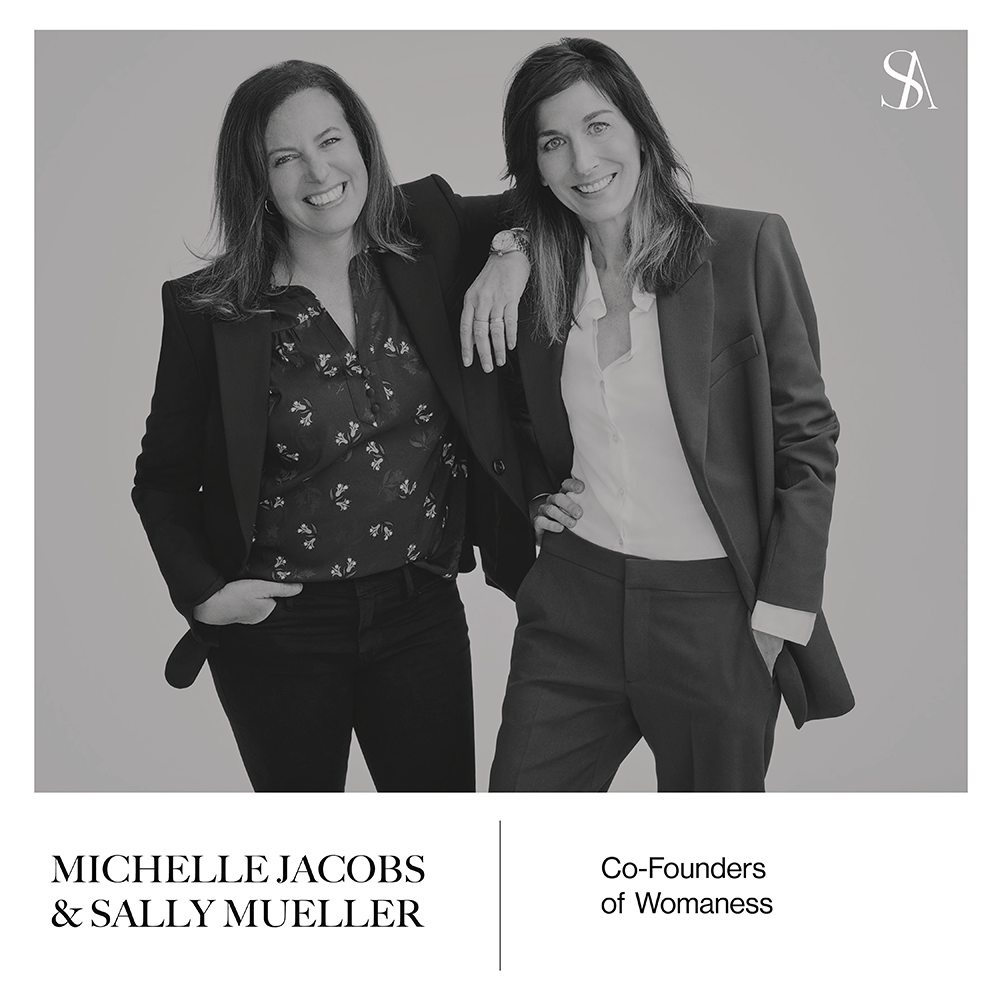
Two of my most interesting interviews were with CEO of innovative skin-care brand Noble Panacea Céline Talabaza and co-founders of skin-care delivery device Droplette Madhavi Gavini and Rathi Srinivas. The science for both brands not only blew my mind, but intrigued me as a member of both the science and medical communities. Another amazing interview was with the co-founders of menopause skin care brand Womaness Michelle Jacobs and Sally Mueller. They were actually just featured by Kym Douglas on The Ellen Show!
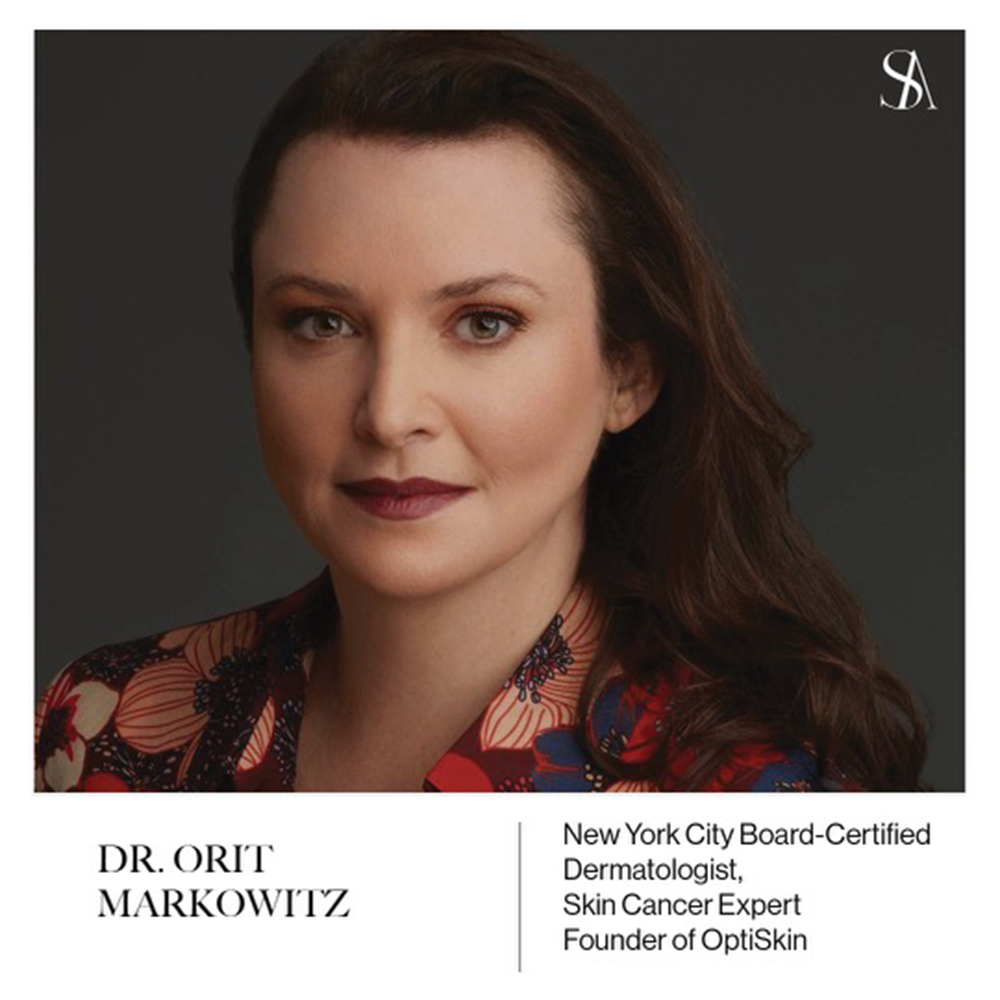
I recently interviewed New York dermatologist Orit Markowitz, MD. The clarifications she made around understanding the prevalence of skin-related cancers were eye opening! Dr. Markowitz—she is known for her non-invasive “Markowitz Method”—explained how even at the early age of 20, there is a high risk for developing skin cancer. Her emphasis on receiving regular skin exams further validated how little is known about the skin and how important it is for consumers to go beyond skin care and address any and all skin changes with a professional.
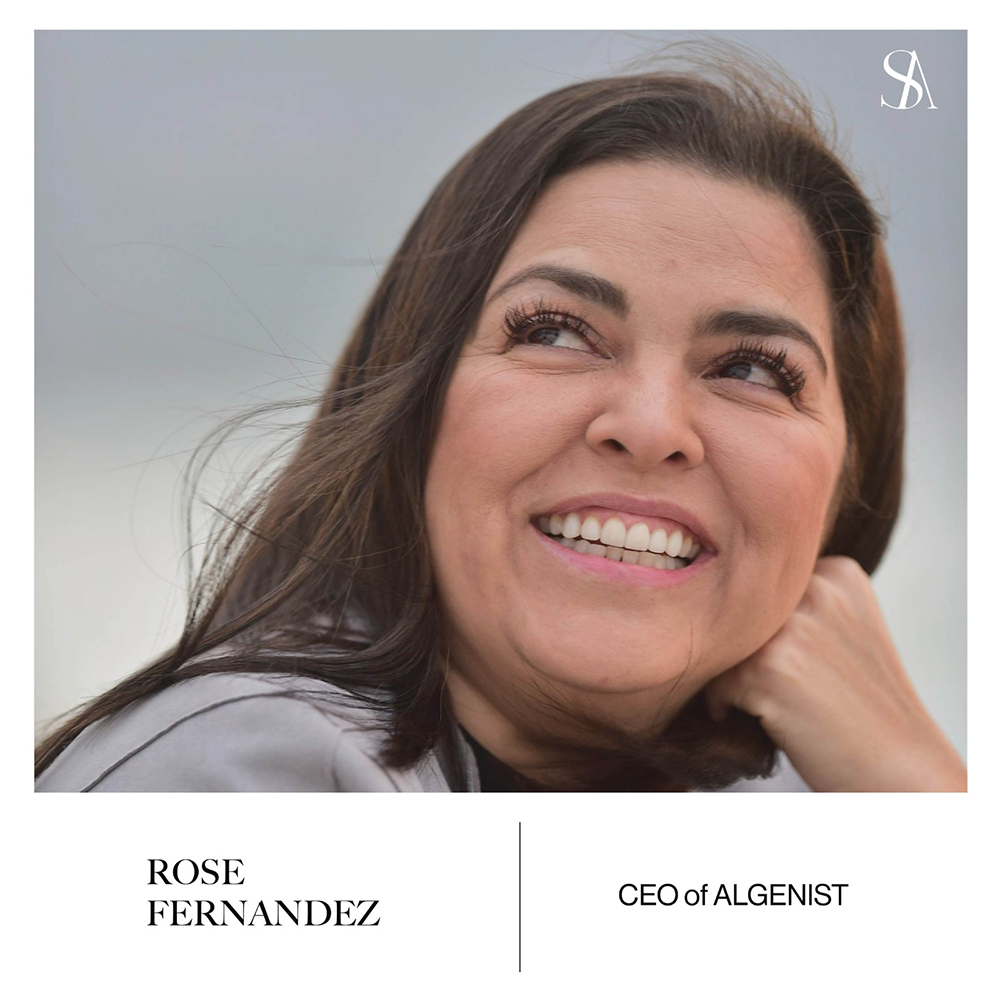
In a new analysis conducted by Trackr, it is indicated that consumers are flocking to skin care over other beauty products ever since the rise and fall of covid. This data shows that there is a desire amongst consumers to become more aware of their individual skin needs—this is where innovative brands really step in. As an example, we recently interviewed Rose Fernandez, CEO of ALGENIST, which is a leader in science-driven and vegan skin care. In the interview, she spoke about the brand’s use of microalgae and its dedication to finding the full benefits of these unique organisms. We also took a deep dive into the endless possibilities related to preventing oxidative damage and encouraging collagen production by utilizing this organism.
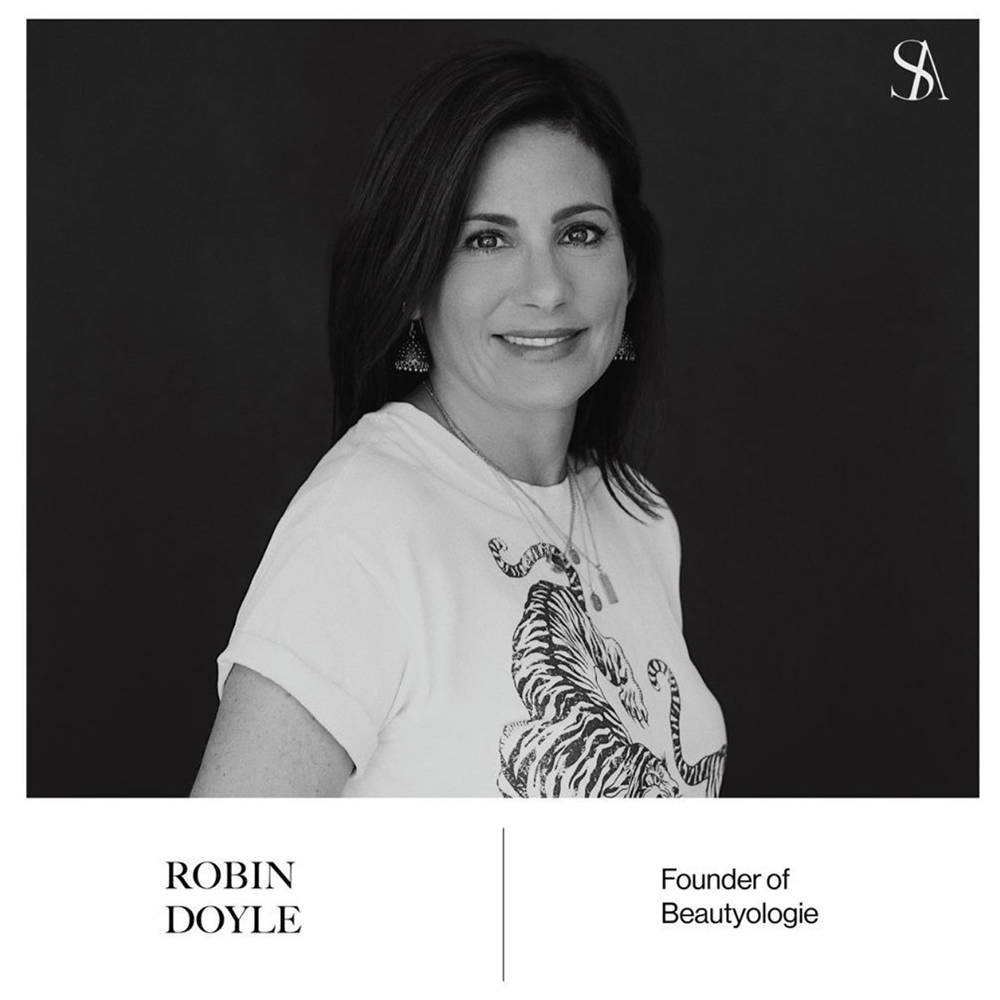
Additionally, the buzz around sustainability has reached a peak in the skin-care space. We had the chance to speak to founder of Beautyologie Robin Doyle, a leader in her own right as she aims to find sustainable options for consumers. Robin’s efforts with Beautyologie shed light on the multidimensional growth of this thriving industry.
The guests that have come onto SA thus far have been the incredible minds behind this inspirational industry and have provided pieces to a puzzle we are all trying to weave together: optimal skin health and wellness. I truly believe that when we make science the foundation of our conversation, then it is easy to see that there is space at the table for every gender, demographic, and background.
This is such a unique time, when consumerism is meeting an almost academia-level interest in the literature surrounding ingredients and aesthetic procedures—knowledge is queen! Skin care is here to stay for a long time and companies are adapting and exploring science-forward, sustainable and practical options to help all of us focus on finding options that fit a multitude of needs.
Through all the ups and downs, the most amazing part of hosting this podcast has been the vast amount of knowledge I’ve gained from just listening to the stories behind this iconic industry and I can’t wait to see what the future holds.
Stay tuned to NewBeauty for updates on the brilliant insights we gain via our professional interviews on Skincare Anarchy.
